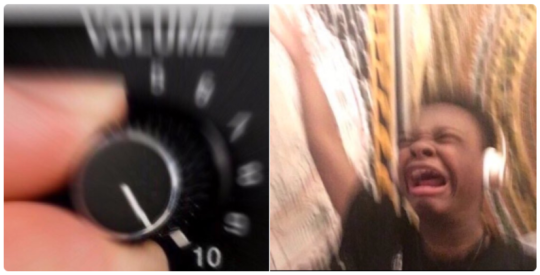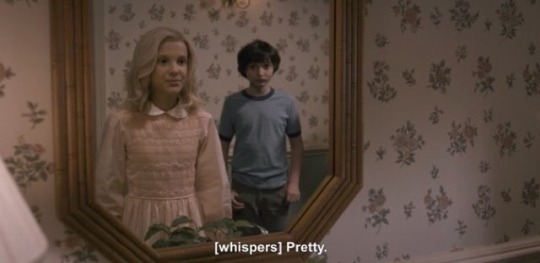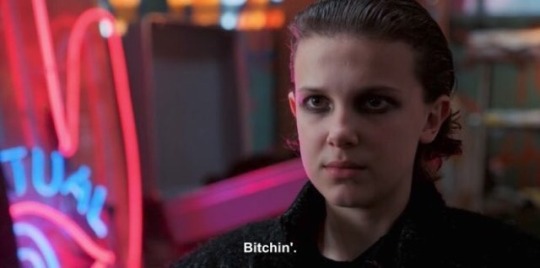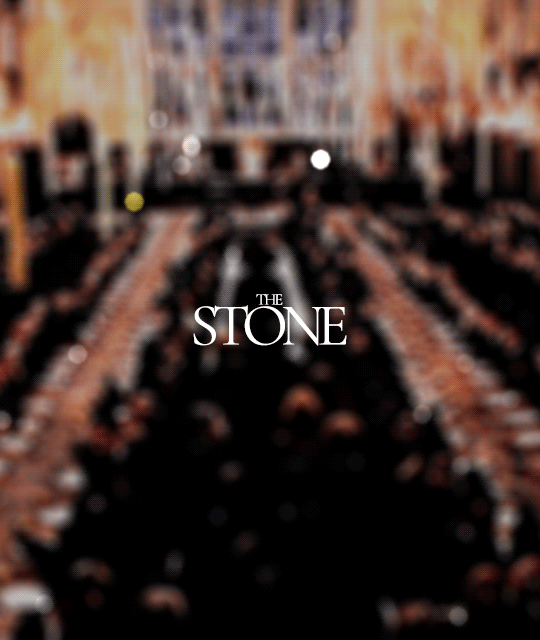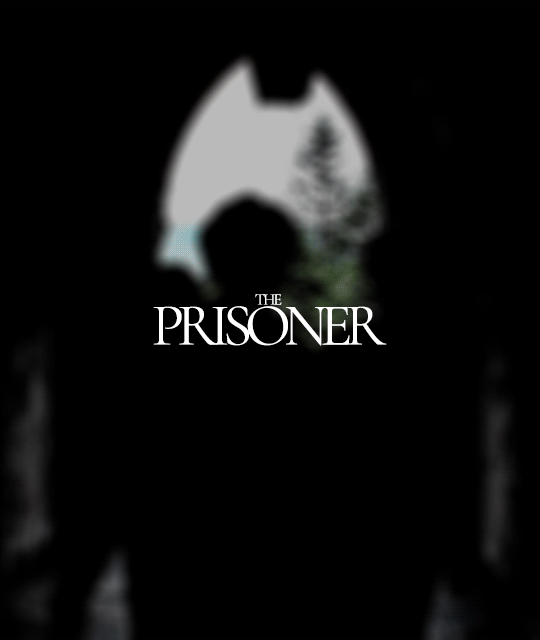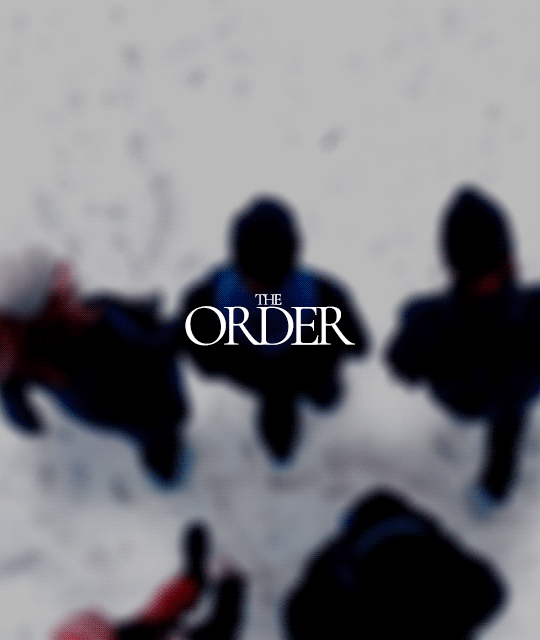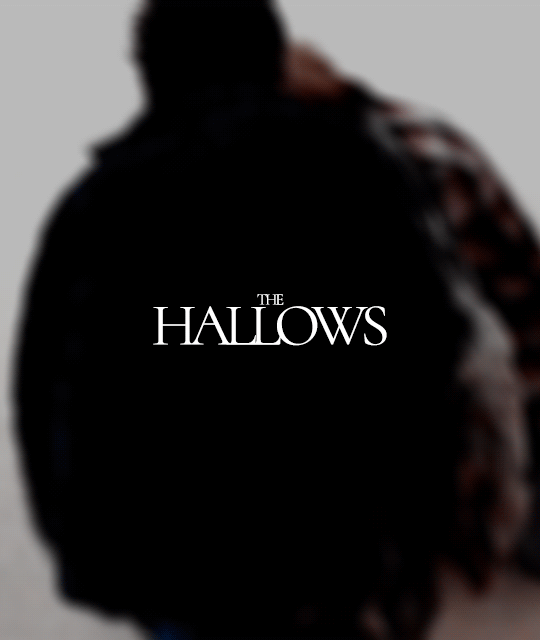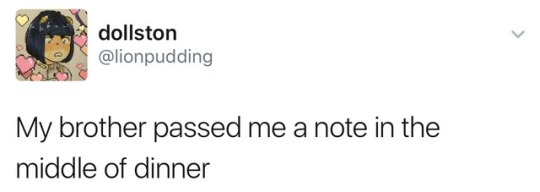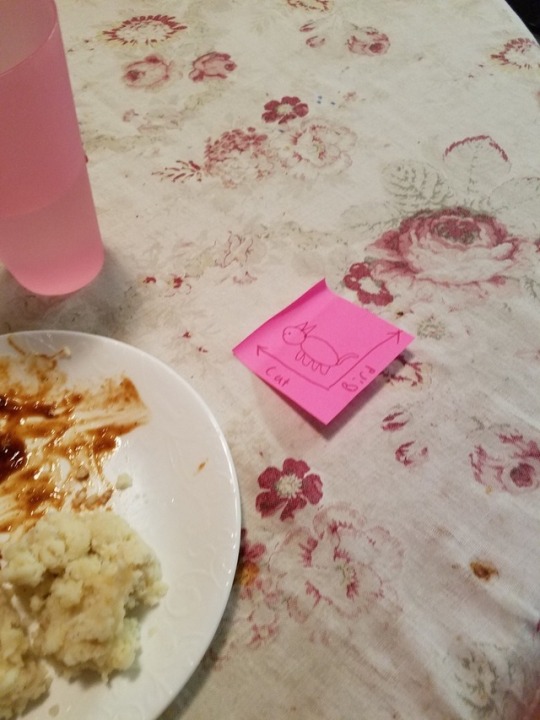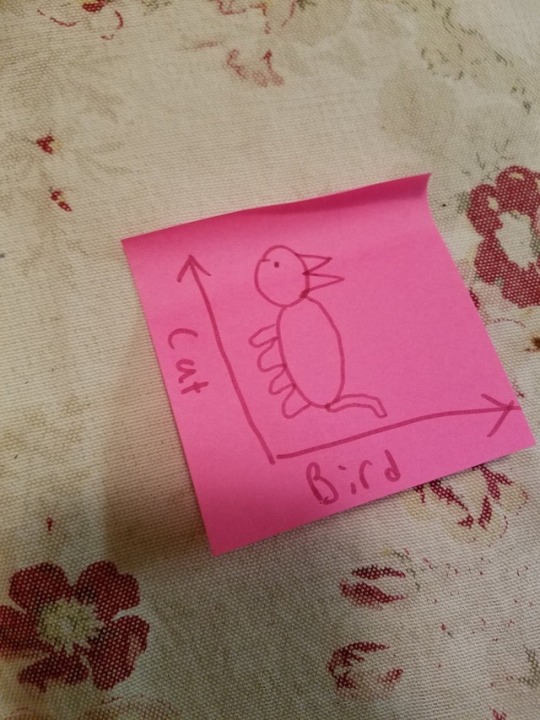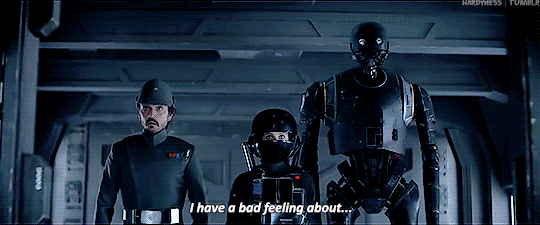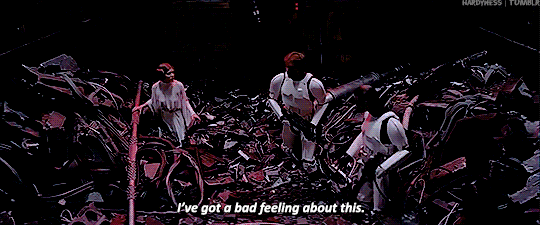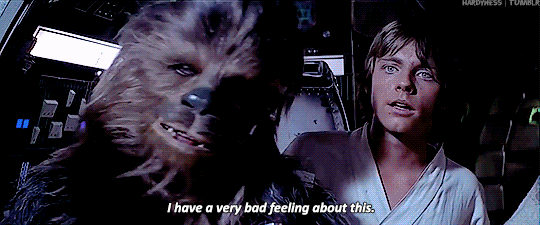Text
IF A MAN TALKS SHIT THEN I OWE HIM NOTHING. I DON’T REGRET IT ONE BIT BECAUSE HE HAD IT COMING.
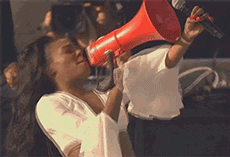
435 notes
·
View notes
Text
The evolution of “dress”
When you think happiness I hope you think that little black dress
I don’t know why but with you I’d dance in a storm in my best dress, fearless
I talked to your dad - go pick out a white dress
The girl in the dress cried the whole way home/wrote you a song
No amount of vintage dresses gives you dignity
Spinning like a girl in a brand new dress
And it was like slow motion, standing there in my party dress
Say you’ll remember me, standing in a nice dress staring at the sunset, babe
You’re still all over me like a wine-stained dress I can’t wear anymore
Only bought this dress so you could take it off
@taylorswift you’ve grown up
1K notes
·
View notes
Text
You rarely see a “wend” without a “way.” You can wend your way through a crowd or down a hill, but no one wends to bed or to school. However, there was a time when English speakers would wend to all kinds of places. “Wend” was just another word for “go” in Old English. The past tense of “wend” was “went” and the past tense of “go” was “gaed.” People used both until the 1400s, when “go” became the preferred verb, except in the past tense where “went” hung on, leaving us with an outrageously irregular verb.
8K notes
·
View notes
Quote
The main thing to take away from new additions to the dictionary is that they are not declarations of which words are “real” or “official” and which ones are not. Rather, dictionaries are simply recording the way certain words are being used now, acting more as an archivist than a dictator trying to look hip. When a word like “woke” or “manspreading” has made it into the dictionary, it’s not because an all-mighty institution is telling the masses what words are appropriate to use. It’s because the masses are the real authority on language and humble dictionary makers are the recorders and researchers of what’s already going on. Dictionaries don’t create language. Communities of people do.
Why “woke” was added to the dictionary | The Outline (via brutereason)
972 notes
·
View notes
Photo
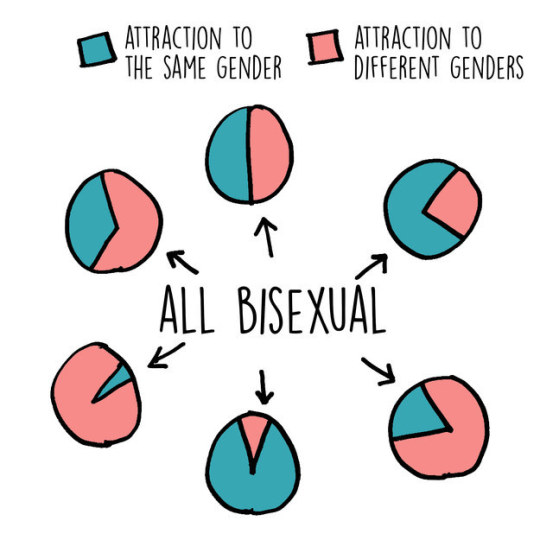
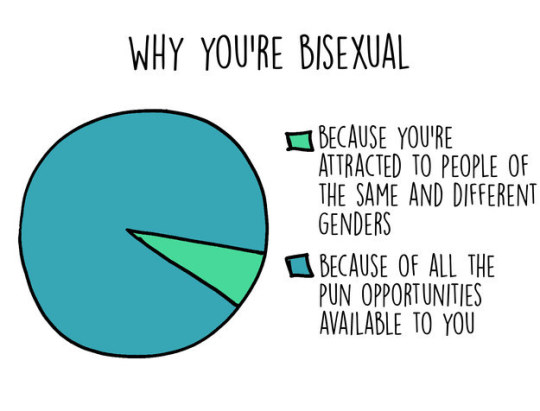
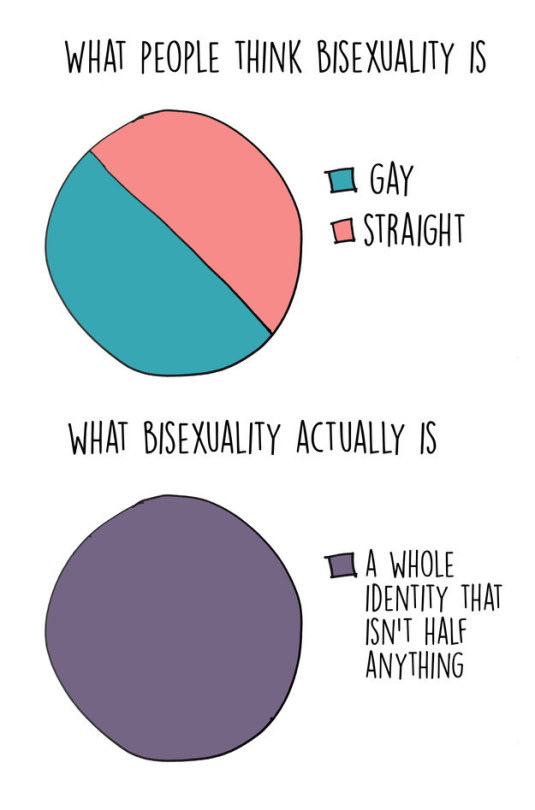
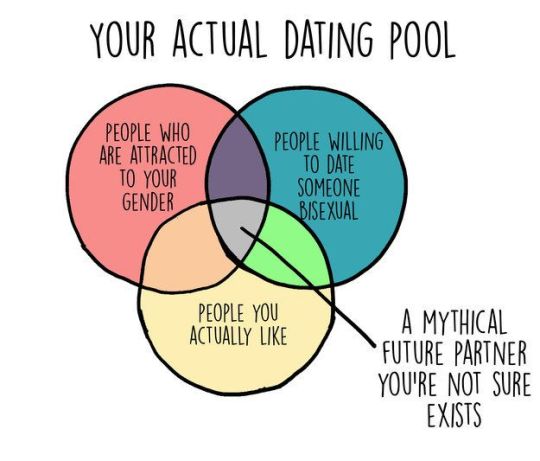
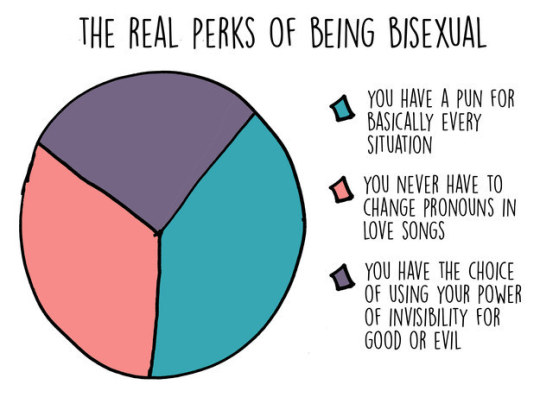

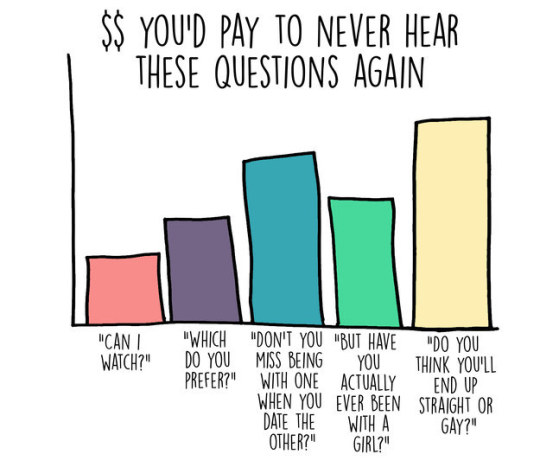
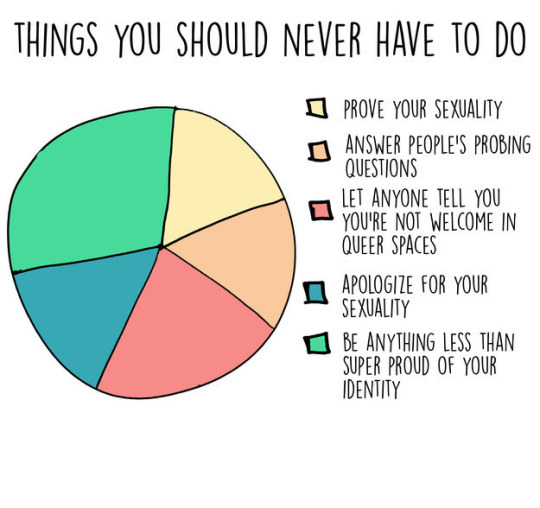


No matter you are gay, lesbian, bisexual, pansexual, queer, asexual, or other LGBT+, we are pride.
119K notes
·
View notes
Photo

#I feel like this is supposed to be sad#but#this picture is actually so comforting to me#SO familiar
377K notes
·
View notes
Text
It is my firm belief that emojis - as tiny, standardized emotive, expressive, or symbolic illustrations placed in-line with text that carry para- or non-linguistic meaning - are one of world history’s great innovations in linguistic technology, alongside the rebus principle, the alphabet, punctuation, and movable type.
127 notes
·
View notes
Text
So “my name is Cow… i lik the bred” seems to be the Hot New Meme, and I like it. Here’s an odd thing about it, though; a lot of the cutsey animal talk I see on the internet (especially birb-speak) sometimes reminds me of Middle English, but “lik the bred” takes it even further and sounds downright Chaucerian, and it isn’t just the rhyme and cadence. Some of the “lik the bred” pastiches I see around don’t really work because they’re in just plain doggo-fran speak (haven’t decided if Doggo-fran and Birb are the same thing or not), but the ones that really hit all the same notes as the original have something going on with the mangled vowels and spelling that’s not the same as the mangling in Doggo and/or Birb. Maybe some time I’ll gather up some examples and look closely at the vowels and spelling and try and sort out precisely what’s up.
15K notes
·
View notes

